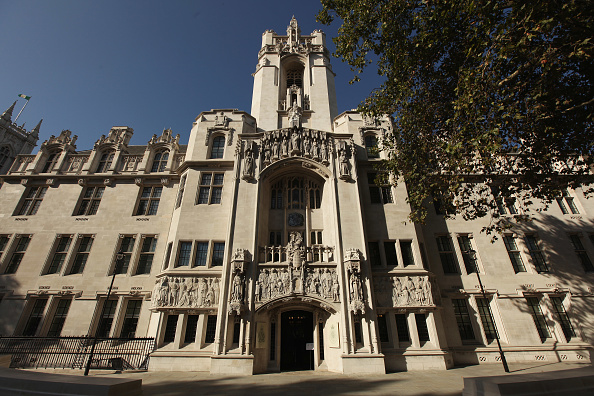Holiday for part time staff should not be pro-rated, Supreme Court rules

The UK’s Supreme Court today ruled that a visiting music teacher on a zero hours contract should be entitled to the same holiday benefits as her full-time colleagues.
The landmark ruling is set to open the door to claims from hundreds of thousands of part-time and casual workers for the same holiday pay as their colleagues working full time.
The ruling comes after Lesely Brazel a visiting clarinet and saxophone teacher at Bedford Girls School, brought forward a case against the Harpur Trust which runs the school, after the trust amended the way it calculated her holiday pay.
As set out in her contract, Brazel was entitled to 5.6 weeks paid holiday, which had to be taken during school holidays. However, due to only working during term times, Brazel was paid instead of taking holidays, at a rate of 12.07 per cent of the wages she earned for the hours she worked.
The trust argued that Brazel’s holiday should be pro-rated due to the fact she worked fewer hours.
However, the Supreme Court ruled that the method of calculating Brazel’s holiday entitlement left the music teacher out of pocket, due to her variable hours, as it ruled Brazel should be paid for the full 5.6 weeks entitlement.
Christina McAnea, general secretary at the UK largest trade union Unison, said: “Today’s decision clarifies the law and says that annual leave taken by someone who works less than a full year can no longer be pro-rated to that of a colleague employed all year round.”
Joanne Moseley, an employment lawyer and Irwin Mitchell, said: “This is a significant decision and will be a blow to many thousands of employers across the UK who, up until now, have pro-rated holiday entitlement to reflect the number of weeks employees work each year.”
Nick Hurley, Partner and Head of the Employment Group at law firm Charles Russell Speechlys said: “This could open the floodgates for other part-year permanent workers who have had their holiday calculated incorrectly to bring claims for unlawful deductions from wages for any difference in what they have been paid and what they should have received although there is a two year backstop on these claims.”